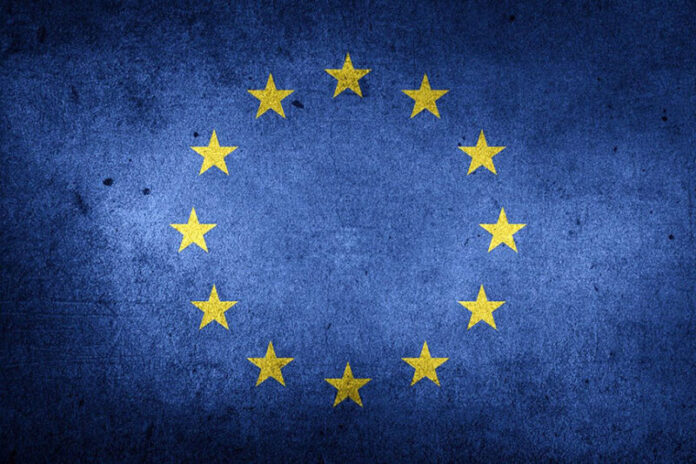
-
Trade and Industry Secretary Alfredo Pascual will be in Brussels in late June to follow up talks with the European Union on its Generalized Scheme of Preferences Plus (GSP+) and on a potential free trade agreement with EU
-
The Philippines wants a renewal of its EU GSP+ coverage, which will lapse on December 31
-
The government is also keen on pursuing a resumption of talks on on Philippines-EU FTA
Trade and Industry Secretary Alfredo Pascual is flying to Brussels, Belgium towards the end of June to follow up negotiations on the European Union’s (EU) Generalized Scheme of Preferences Plus (GSP+) and for a potential free trade agreement (FTA) with the EU.
“You’re aware that GSP+ is available to the Philippines now, given that the Philippines is a low-middle-income country. If the Philippines becomes an upper-middle-income country, we won’t be eligible for GSP+,” Pascual said during a press briefing in Malacañang on June 6.
“So, that was also mentioned to me by EU parliamentarians who visited my office. So I told them we need to start negotiating a free trade agreement. That was what we talked about and we will see,” he said.
Pascual had said earlier that the EU GSP+ coverage of the Philippines will expire at the end of this year and that “our governments are currently discussing its renewal.”
GSP+ is an EU program that allows beneficiary countries’ products duty-free access to the European market.
The Philippines received beneficiary country status under the EU GSP+ in December 2014. Under this program, the Philippines may export 6,274 eligible products duty-free to the EU market. Before December 2014, the country was covered by the regular EU GSP, which provides zero duty to only 2,442 products and reduced tariffs on 3,767 products.
About 26 % of total Philippine exports to the EU valued at €1.6 billion (P27.2 billion at today’s exchange rate) enjoyed preferential treatment under this scheme in 2020.
Pascual had said earlier the government is keen on pursuing the resumption of negotiations on the Philippines-EU FTA.
Exploratory talks for a PH-EU FTA started in 2013 and EU officially launched negotiations with the Philippines in December 2015. The second round of negotiations took place in February 2017 and no further round of discussions has been scheduled yet.
Pascual said a successful negotiation of an FTA will provide several benefits, including helping the Philippines secure additional duty-free market access beyond those covered by the EU GSP+.
An FTA will also be a conducive framework for attracting greater investments from the EU and will put the Philippines on par with other Association of Southeast Asian Nations (ASEAN) countries that are aggressively pursuing FTAs with the EU.
According to Pascual, the Philippines has the support of European businesses that are operating in the country and some members of the EU Parliament.
Last month, the EU-Association of Southeast Asian Nations (ASEAN) Business Council and the European Chamber of Commerce in the Philippines called on President Ferdinand Marcos Jr. to push for the resumption of negotiations for a bilateral PH-EU FTA.
Speaking during last month’s EU-ABC annual general meeting, Marcos said he believes the “timing and conditions are now quite ripe for us to solidify the long-standing and historically beneficial trade relations: through a bilateral Philippine-EU Free Trade Agreement.”
A bilateral FTA will be a “win-win strategy” for both the Philippines and the EU, Marcos pointed out. He added that a Philippines-EU FTA also promises to achieve mutually beneficial economic goals, while maintaining EU’s consistency with its core ideals and its Indo-Pacific region strategy.




